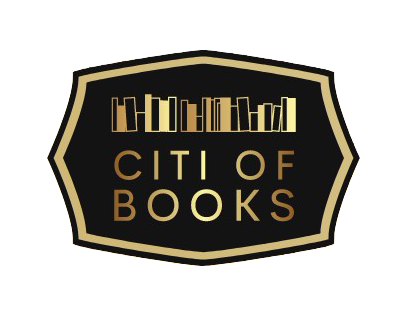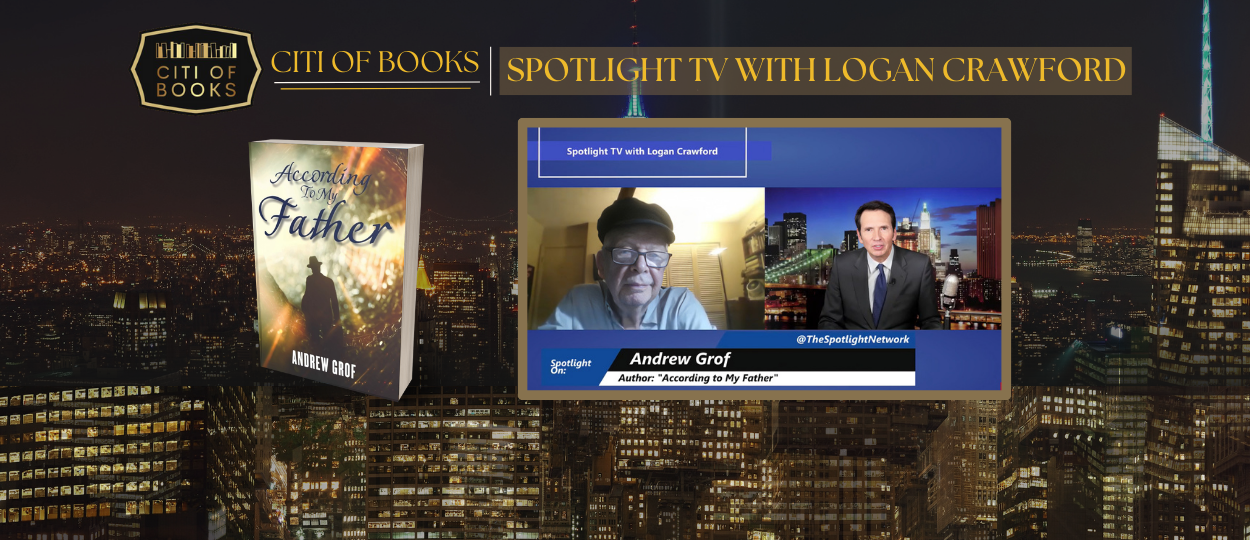The Spotlight TV host, Logan Crawford, interviews the author of the majestic book “According to My Father,” Andrew Grof. The author shares the story behind the inspiration for writing this admirable book.
The show Spotlight TV by Logan Crawford gives people a chance to be in the “spotlight,” to be the star of the night. Authors, inventors, filmmakers, experts, actors, entrepreneurs, creators, musicians, singers, songwriters, investors, performers, executives, medical professionals, and trendsetters—this is their “spotlight.”
Andrew Grof was born and raised in Hungary. After fleeing the communist regime with his family, he emigrated to the United States. He is the author of four critically acclaimed novels: The Goldberg Variations (also translated and published in Hungary, 2014), Everyone Loves Ronald McDonald, Artists, and Lost Loves. He currently resides in Miami, Florida, after retiring from Florida International University as a humanities librarian and adjunct professor of English and Honors Studies.
In the book “According to My Father,” written by Andrew Grof, he welcomes readers to an absurdist realm that knows no bounds to space or time. Seldom do we reach the carnage of the Crusades before a zeppelin fly over Renaissance Florence’s Arno, and before we can even gather our thoughts, Allied bombing reduces Cologne to ruins. Next, we find ourselves in fin-de-siecle Vienna, sharing an espresso with Freud.
The author shares, “Life is basically absurd, and the meaning that life might have, is the meaning that we give to it, so we have to be prepared, almost to reinvent life, to hold that picture against the picture that tries to hold us back and tries to identify us.”
According to the author’s father, appropriately unnamed and unnamable, historical time is a flow of events endlessly repeating themselves, where what is true one moment is false the next, and what was once beautiful is now hideous. Everything is both earthly serious and as airy as life itself. Put another way, true survival consists in this: trust nothing and no one yet loves everything and everyone.
This is how the narrator’s father achieves perfection. He is the perpetual student, unbound by place and time, who learned the art of love from Sappho, war from Napoleon (“call me Boni”), and climbed the steep scaffold with a refreshing drink for the hard-working Michelangelo. In his many incarnations (learned from Merlin, no doubt), Father’s ongoing struggle is on behalf of the downtrodden and against the obscenely powerful. The history of the world itself is too short to fully contain such an individual, just as it was too short to enfold Cervantes’ great Don.
“It’s more important to love people than to trust people, and it’s more important to love life than to trust life.”
-Andrew Grof
Watch the full interview below:

